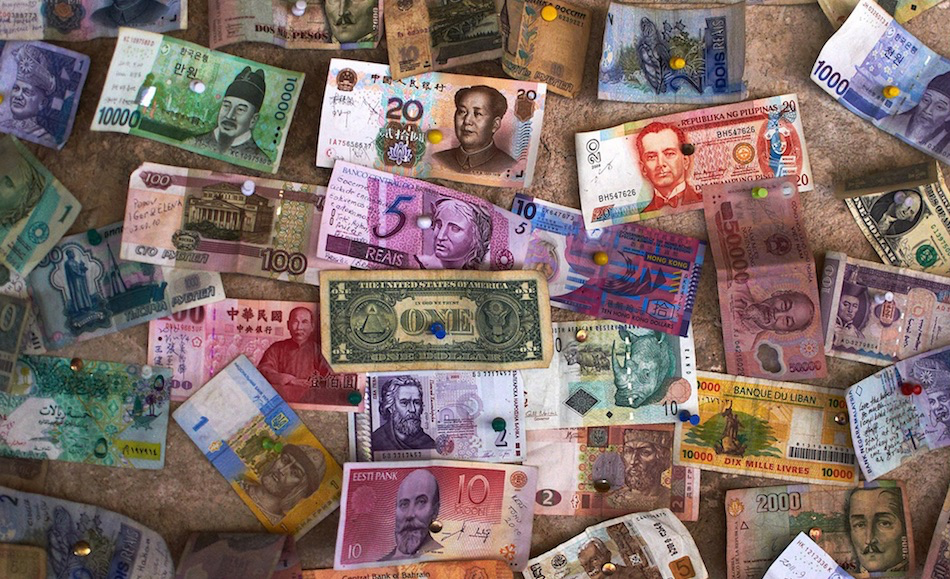
Photo credit: Moyen Brenn .
2016 was dominated by talk of jittery investor sentiment leading to a tougher funding climate for startups. Most VCs felt the era of founders enjoying a cash bonanza was a thing of the past – they’d now be subjected to much more stringent diligence and tougher terms.
There were events that corroborated this view. Several unicorns – such as Flipkart and Ola – saw their valuations slashed significantly. Rocket Internet made a feeble retreat from India and collectively lost almost US$700 million in 2016. Some VCs, however, took a positive spin on the situation and saw it as a sign of a rational ecosystem.
A new report from KPMG about the global venture funding landscape confirms this stance. It says “2016 was a challenging year for venture capital investment.” Worldwide activity declined by almost 25 percent as compared to the same period last year, with 13,665 deals collectively raising a sum of US$127.4 billion.
In 2015 there were 17,992 global venture capital investments with a total value of US$141 billion, according to KPMG.
Asia displays its mettle
The US was responsible for the largest chunk of venture capital activity but also witnessed the highest decline, with capital deployed shrinking a sizeable US$10 billion to settle at US$69.1 billion. KPMG said there were only 8,136 deals in the country last year – the lowest it’s been since 2012.
Europe wasn’t immune either – VC investment declined almost 15 percent as compared to 2015.
Asia, however, was a different story. Total cash invested remained constant at US$39 billion – KPMG notes that it was the only region in the world to display this dynamic. The majority of this money was gobbled up by China – where funding actually increased as compared to last year to a record US$31 billion.
But that might be a double-edged sword. Prominent financial experts in China warn that the desperate gold rush into tech startup funding could “lead to disaster.”
“We are concerned about the consequence of massive flooding of capital from some institutions, including local government-backed policy guidance funds and fund-of-funds,” said Jia Hongbo, general secretary at AMAC, a self-regulatory body supervised by China’s securities regulator.
The only country in Asia to witness a dramatic decline was India. Venture capital firms deployed just US$3.3 billion in 2016. That’s almost a 60 percent drop from last year – 2015 witnessed US$8.2 billion in overall investment.
Reasons for cheer
The consulting firm believes 2017 will be a better year for tech startups in general. It points to the impending IPO of Snap – a blockbuster deal that’s expected in early 2017 – as a driver that may sway the heads of other “mature companies.”
A general mood of optimism could trigger a change in strategy from tech CEOs, with many actively trying to seek an exit this year.
The report predicts that healthtech and biotech startups will attract most VC attention this year as the sector is “ripe with inefficiencies.” Other strong areas of interest will continue to be artificial intelligence, virtual reality, and data analytics.
But KPMG advises caution. “The days of companies being able to burn cash are gone for the foreseeable future,” the report says. Rather, investors will target those whose business model is strong and with a clear path to profitability.
This post Global VC activity declines in 2016, but Asia holds firm appeared first on Tech in Asia.